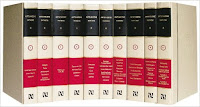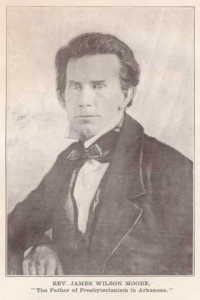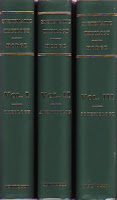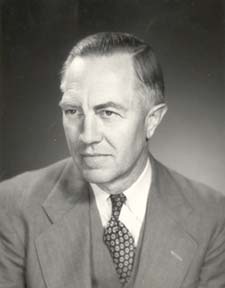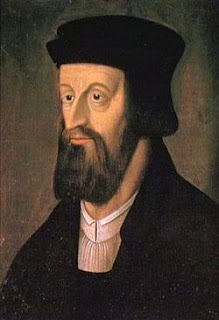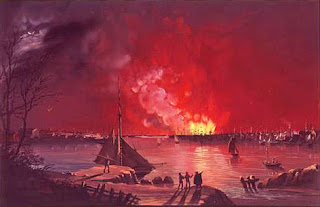Posts
Showing posts from July, 2015
The Two-fold Aspect of God’s Kingdom (Witsius)
- Get link
- Other Apps
Heidelberg 103: The Christian Sabbath (Parts 1 & 2)
- Get link
- Other Apps
Moses Waddell [1770-1840] - Teaching a Nation’s Leaders
- Get link
- Other Apps
Gladiator Games, Abortion, and the Early Church (Athenagoras)
- Get link
- Other Apps
Rev. James Wilson Moore [1797-1873]
- Get link
- Other Apps
Christ: The Banner of all Christendom
- Get link
- Other Apps
Jenny Geddes - The Day of Small Beginnings
- Get link
- Other Apps
Biblical Images and the Importance of the Church Part 1: The Building of Christ namely the Temple
- Get link
- Other Apps
The Early Church on Homosexuality
- Get link
- Other Apps
This Day in Presbyterian History: Samuel Finley [1715-1766]
- Get link
- Other Apps
Invocation of Saints and Prayer to Mary?
- Get link
- Other Apps
The Puritans and Revival Christianity by Iain Murray
- Get link
- Other Apps
Postmillennialism: Statement of the Doctrine by Loraine Boettner
- Get link
- Other Apps
Postmillennialism: Representative Theologians by Loraine Boettner
- Get link
- Other Apps
Postmillennialism: Introduction by Loraine Boettner
- Get link
- Other Apps
The Place of Holiness in the Life
- Get link
- Other Apps
Birth of John Calvin - July 10, 1504
- Get link
- Other Apps
Francis Makemie and Freedom of Speech
- Get link
- Other Apps
Today in history: Jan Hus burned at the stake 600 years ago
- Get link
- Other Apps
The Hand of the LORD in National Catastrophe
- Get link
- Other Apps
Calvinism and Representative Government
- Get link
- Other Apps
The Importance of the 10 Commandments
- Get link
- Other Apps





